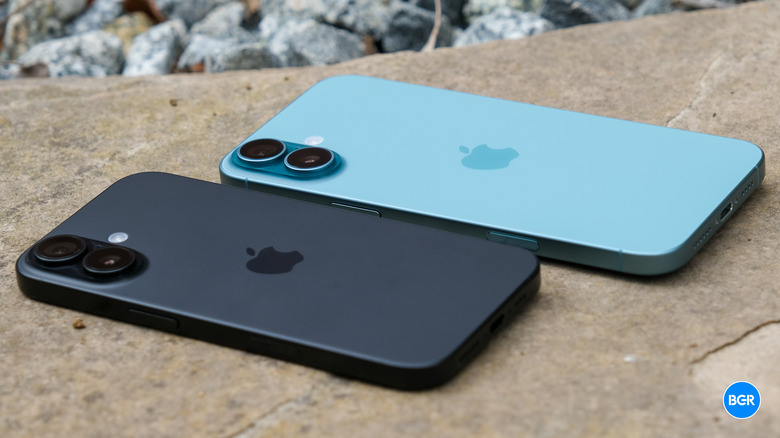Sam Altman Wants His Upcoming ChatGPT AI Device To Replace Your Smartphone
Since the first rumors that Sam Altman was talking to Jony Ive and others about creating a ChatGPT hardware device, I've been saying the product will inevitably compete against the iPhone and Android handsets. Smartphones will obviously also become AI gadgets, so OpenAI will need something truly intriguing if ChatGPT hardware is going to replace our smartphones as opposed to complementing them.
Since then, Jony Ive confirmed that his company is involved in designing the mysterious product. Reports have been saying all along that Altman and Ive want to make the "iPhone of AI," but we have no idea what type of form factor to expect. It won't necessarily have to be a smartphone-like device. We could be looking at ChatGPT smart glasses or something else that we haven't even considered.
But we no longer have to speculate that the first piece of ChatGPT hardware will compete against smartphones. Sam Altman finally said it out loud: OpenAI wants its ChatGPT hardware to "replace smartphones."
The OpenAI CEO is in Japan, where he talked to Nikkei Asia (via Analytics India Mag) about OpenAI's plans. "We hope to do it in partnership [with Jony Ive]," he said of the still-mysterious ChatGPT AI hardware device. It's unclear when the gadget will be unveiled or how long it'll take to hit store shelves.
Disrupting the smartphone market is an ambitious plan, especially for a company that has never made mobile devices before. Then again, that's what Apple did in 2007 with the original iPhone. The smartphones that we have today look and function like they do because of the iPhone.
Artificial intelligence is one of the things that can disrupt the current landscape. AI like ChatGPT could power new devices that might not even need screens.
OpenAI isn't alone in considering the post-iPhone future. Apple has been doing it for years. The easiest way to prepare for the iPhone's death is to create the device that will "kill" it. I've been saying for years that Apple's first sophisticated AR glasses are the kind of product that could make us forget about iPhones.
This was well before the dawn of genAI products like ChatGPT. Add AI to the sophisticated AR smart glasses I mentioned above, and smartphones are doomed.
It's easier said than done, however. Apple needs to shrink most of the tech in the Vision Pro to the size of a regular pair of glasses. If Apple can't do it right now, others can't either. Meta has made such a prototype, but the Orion reportedly costs $10,000 to produce. It's not the iPhone killer I expect.
OpenAI, on the other hand, might come up with a different approach. Ironically, the man who helped Apple revolutionize the mobile market could do it again. That's Jony Ive, who will be involved in the creation of the first ChatGPT AI device after designing the first iPhone and plenty of its successors.
We have no idea what that approach will be. It might also depend on OpenAI's Stargate plans. The massive AI infrastructure project could surely give AI a big advantage over rivals in the future. With that infrastructure in place, OpenAI might choose a cloud-based operating system for its ChatGPT hardware, while Apple has an on-device-first approach.
While I'm speculating here, a cloud-only AI operating system would reduce the pressure of miniaturizing certain chips for the ChatGPT hardware. Meanwhile, Apple will have to improve not only the speed of its chips while making them more efficient and physically smaller, but it would also need a more advanced AI-first OS that can run on the device for most tasks.
But we're still in the very early days of the post-iPhone computing era. It'll be a while before we have to decide between an iPhone/Android device or a ChatGPT product.
